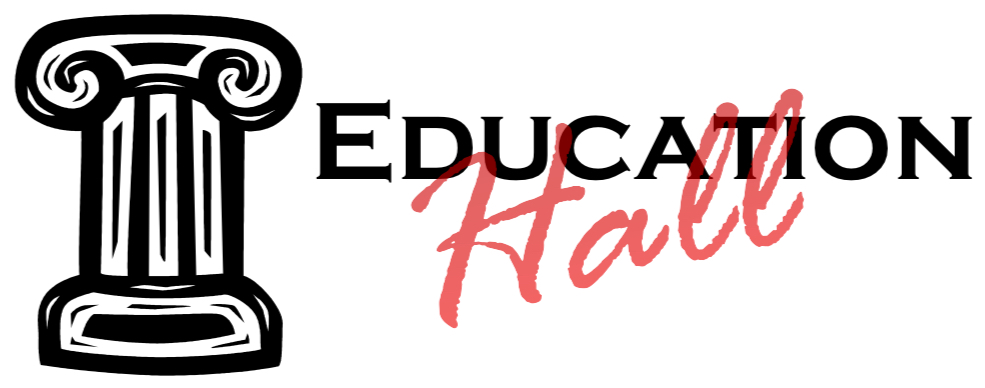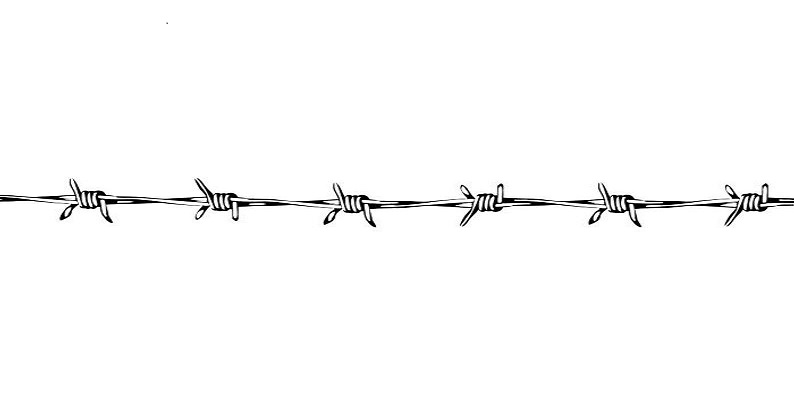A Cheat-Sheet for Instructional Coaches and Their Administrators
I’m often asked, “Where should we draw the line between coaches’ duties and admin’s responsibilities?” It’s a fair question, since so many instructional coaching programs and initiatives have popped up over the past decade or so – and often without specific guidance on this issue.
To be very clear, there’s really just this one barbed-wire fence between the roles of a school administrator and instructional coach: Anything to do with teacher evaluation, teacher discipline, teacher performance concerns, and teacher contract renewal/non-renewal belong SQUARELY – and SOLELY – in the sphere of the administrator.
In fact, those four big ideas ought never to be included in the conversations between administrators and their instructional coaches. When talking about supporting teachers, those four big ideas are “off the table.”
Beyond that, the roles and responsibilities of administrators and coaches overlap quite a bit: coaching teachers, modeling lessons, checking on progress towards goals, offering support, engaging in feedback-rich dialogue, tending to professional relationships, leading professional development, supporting self-reflective growth, building a collaborative culture, facilitating access to resources… this list could go on and on. If it pertains to building teachers’ capacity, it’s go-time.
The only time I suggest administrators back out of the coaching and capacity-building arena is when there is a performance concern with a particular teacher. Then, the administrator will slide into the role of appraiser/evaluator 100% of the time, suggesting that the teacher reach out to a coach as part of a direct, explicit plan to address the performance concern. (I write more about administrators handling performance concerns in this ASCD Educational Leadership article: The Instructional Leader’s Most Difficult Job)
So what’s “on the table” when administrators and instructional coaches sit down to discuss an individual teacher? Basically, two things:
- How self-reflective the teacher is. Capacity-builders can use the Continuum of Self-Reflection from Creating a Culture of Reflective Practice to identify the teacher’s reflective habits. This offers guidelines for how to coach and support each teacher in a more specific, tailored manner, no matter what the teacher is working on.
- The teacher’s specific professional-growth plans. Most schools have a structure for teachers to set goals (usually centered around student-learning outcomes) and build action plans for how to achieve them. Within the action plans, administrators can guide teachers to a) identify instructional practices to emphasize, b) focus on strategies that build their own self-reflective growth, and c) utilize their instructional coach. *Note: this is not the same as a plan created to remedy a teacher’s performance concern.
 Wouldn’t it be handy if the instructional coach were to know what each teacher is working on? Of course it would! And what’s the best way for the coach learn this information? From the teacher. Administrators can suggest that teachers invite their coaches into their goal-setting meetings and/or set the expectation that teachers will reach out to their coaches and share their action plans.
Wouldn’t it be handy if the instructional coach were to know what each teacher is working on? Of course it would! And what’s the best way for the coach learn this information? From the teacher. Administrators can suggest that teachers invite their coaches into their goal-setting meetings and/or set the expectation that teachers will reach out to their coaches and share their action plans.
Why should that come from the teacher instead of the coach or the administrator? Think for a moment about the origins of the coach-teacher relationship. If the teacher reaches out to the coach, then the teacher has a significant degree of ownership. If the coach takes the first step, whether it’s at the behest of the administrator or not, then coaching becomes something that’s being done to the teacher, rather than in partnership with the teacher. Very rarely does a coaching plan work effectively when it’s launched by a coach arriving at a teacher’s classroom doorstep announcing, “I’m here to coach you.” On the other hand, coaching is almost always successful when a teacher asks a coach, “Will you help me with something?”
A phrase I’ve long come to adore is “Clarity precedes competence.” If our intent is to maximize our impact on student learning by building our teachers’ capacity through instructional coaching, we’ve got to first and foremost become clear about what that will look like when we do it spectacularly well.
Pete Hall literally wrote the book on instructional coaching. Well, he co-authored a couple of ’em with Alisa Simeral, actually. He’s a former school principal who now provides PD support to educators worldwide. Email him at PeteHall@EducationHall.com and follow him on Twitter: @EducationHall.


Recent Comments